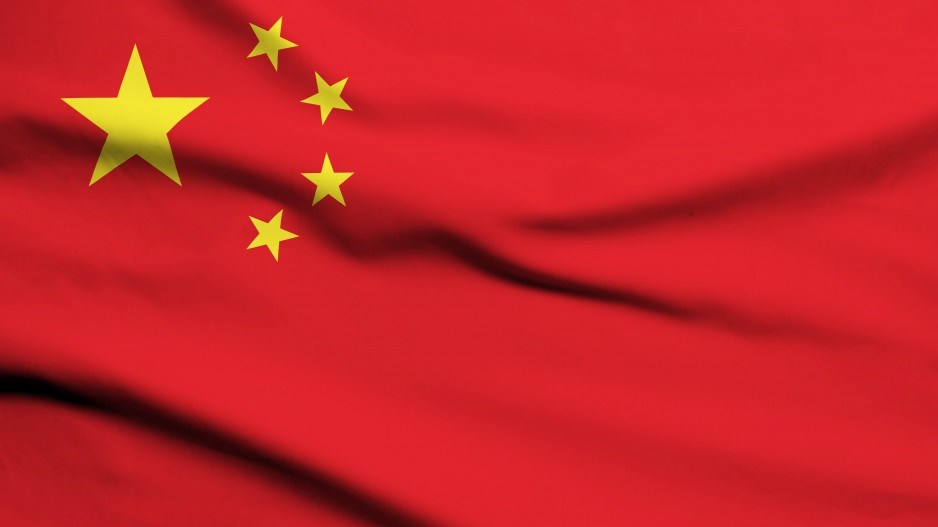The Chinese Communist Party-controlled media is warning Chinese scientists living in five western countries to create family “risk protection plans” should tensions flare further following the arrest of a senior Huawei telecommunications company executive in B.C. December 1.
The warning came December 6 in The Global Times, a publication produced through The People’s Daily, the official paper of the Communist Party of China. Mei Xinyu, a research fellow with the Chinese Academy of International Trade and Economic Cooperation under China’s Ministry of Trade, penned the article.
However, the English and Chinese versions of Mei’s article tell different stories – and the latter is unavailable to Mainland Chinese readers. The English version is aimed at a general market while the Chinese version seems to target ethnic Chinese nationals abroad. The article appears to be unavailable in Mainland China.
A significant difference between the two is that only the Chinese version makes an appeal to Taiwan, long resistant becoming part of Communist China, to be wary of the U.S.
“As for residents in the Taiwan region, I don’t think a warning is even necessary,” Mei wrote. “If the Americans have any inklings about arresting someone, the Taiwanese authorities would immediately make the arrest and send them into American hands – unless those people come to the Mainland to escape harm.”
Huawei’s chief financial officer, Meng Wanzhou, was arrested by RCMP during a flight transfer on a warrant related to a U.S. extradition request. Police acted at the behest of the U.S. government, which alleges Meng misled financial institutions into providing money for corporate dealings that broke U.S. sanctions against Iran. She was released on $10 million bail December 12.
The Global Times article asserts the extradition request – made under a bilateral U.S.-Canada treaty – is based on U.S. domestic law and not applicable to a Chinese national.
The Global Times’ warning targets Chinese high-tech sector professionals working in Five Eyes intelligence alliance countries – Canada, the U.K., the United States, New Zealand and Australia. The last three have banned Huawei from involvement in next-generation – or 5G – communications technology. The fear is that Huawei might funnel data back to Beijing for intelligence usage.
Canadian universities have been warned against Huawei technology by the Canadian Security and Intelligence Service but few have paid heed, saying it is not their responsibility to perform security assessments in the absence of direction of from Ottawa.
The English warning suggests “extreme risks of the political struggle in the U.S.,’ saying Chinese scientists and technological experts “are advised to make some risk prevention arrangements for their own sake and the sake of their children.”
The Chinese version appears to appeal to ethnic nationalism. “Even if you already have citizenship in those countries, do you not feel a chill in your bones? Those who are wealthy or in high places tend to attract jealousy; for yourself and your children, please have some risk prevention arrangements in place!” a translation said.
“The saying goes, ‘Where there’s the sea, there are Chinese people.’ The safety of the 80 million overseas Chinese is continuously on our hearts and minds, because we are compatriots of the same roots, and blood is thicker than water,” the translation said.
The article expands the Huawei case to an international scale, suggesting citizens of other countries might also be subject to flouting of international law by members of the Five Eyes alliance.
The English version does not mention the alliance by name, nor does it engage in propagandistic name-calling.
The Chinese version says, “ The risks are highest in the ‘Five Eyes’ nations: The United States, Canada, Great Britain, Australia and New Zealand. This warning is not just applicable to Mainland China, but to Hong Kong and Macau, as well. And it even applies to other countries - If Uncle Sam acts like this to citizens of China, then for citizens of countries who are far less powerful, do you think America will go easier on you?”
The Global Times article repeats Beijing’s claim that Meng was arrested without just cause under international law.
“Without just evidence, the Canadian and U.S. governments trampled on international law by basically ‘kidnapping’ Chinese citizen Meng Wanzhou,” the article said.
“… The incident indicates that, in the United States and some countries that work closely and ally with America, the fundamental bottom-line of international law is no longer there,” the Global Times English version said.




